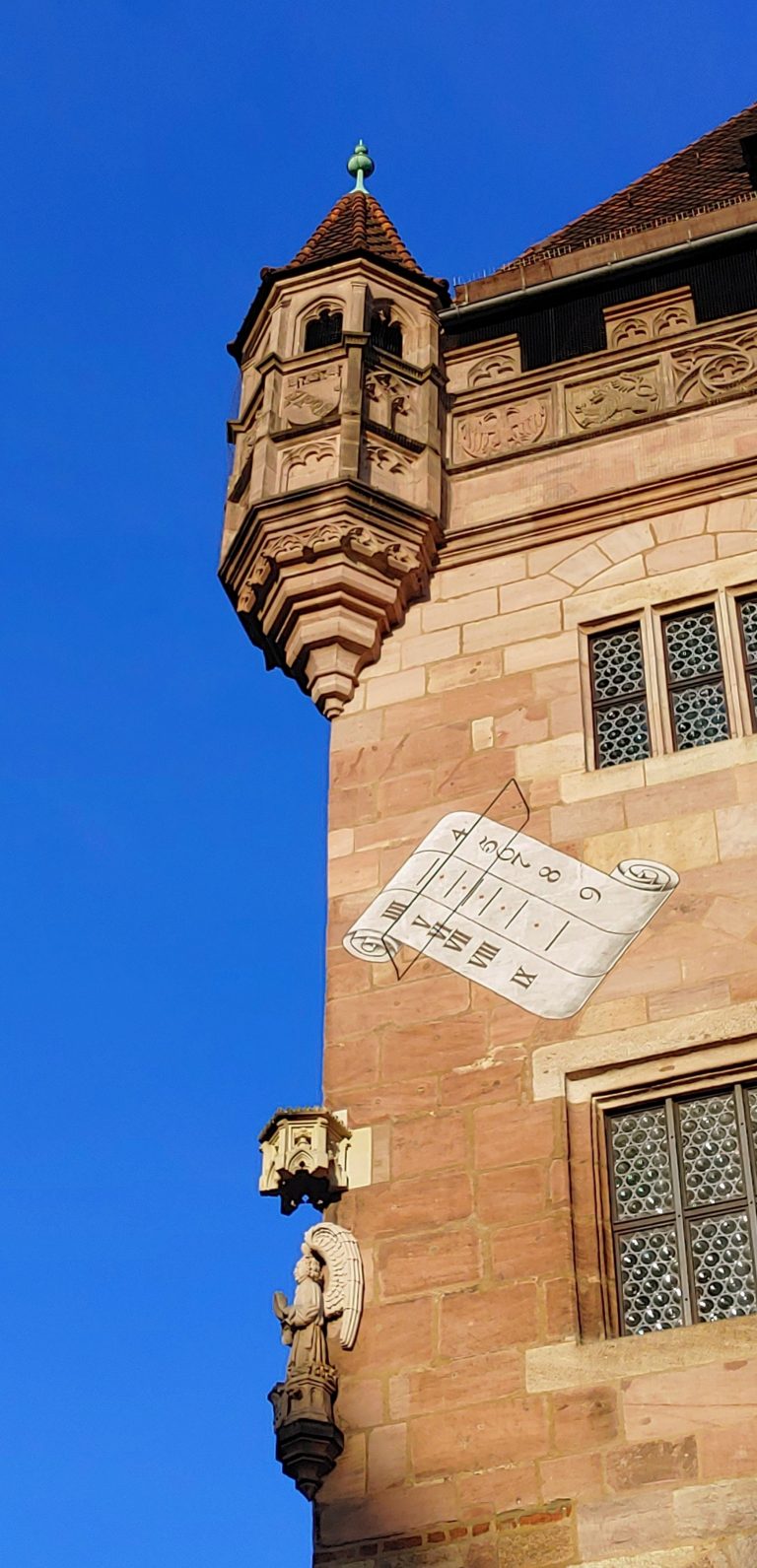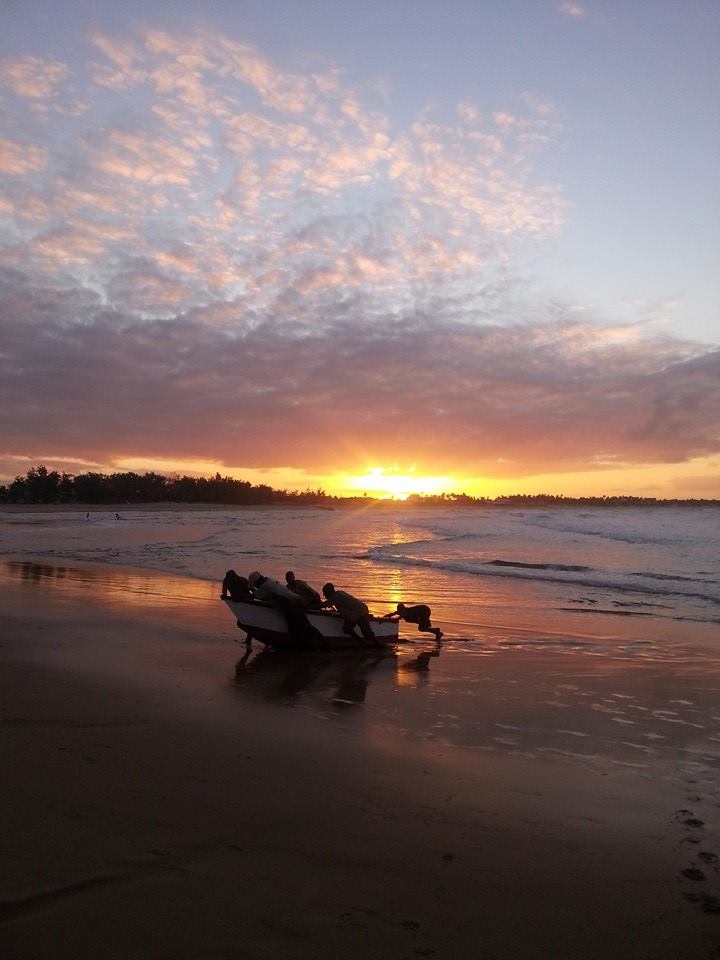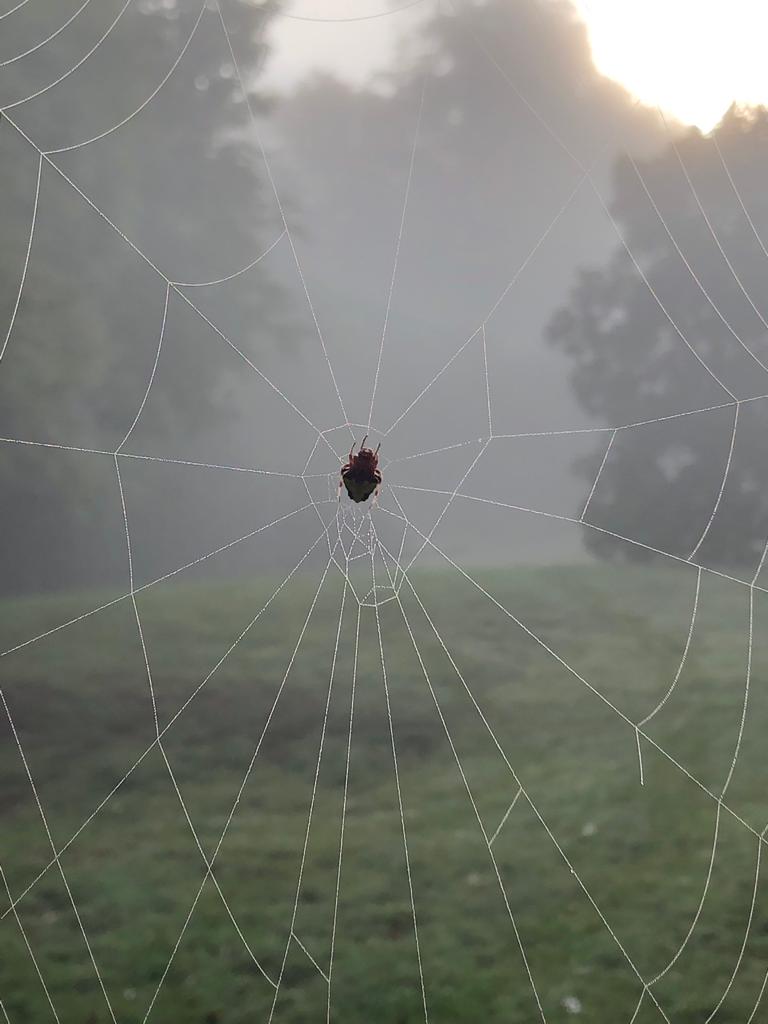Transience turns everything to air. You look behind and see no sign even of a yesterday that was so intense.
John O’ Donohue
Don’t hold on. Remember: life is ours to spend, not to keep.
Marty Rubin
Anyone who has lost something they thought was theirs forever finally comes to realise that nothing really belongs to them.
Paulo Coelho
Over the Easter break, I took a trip to the city of Nuremberg which had been my stomping ground from the age of twenty for almost thirty years. This beautiful medieval city, almost one thousand years old, had always impressed me with its fortifications and grand buildings of accurately hewn red sandstone, capped by delightful roofs of ochre clay tiles.
At one time, it had been the unofficial capital of the Holy Roman Empire after Emperor Charles IV issued the Golden Bull of 1356, naming Nuremberg as the city where newly elected kings of Germany must hold their first Imperial Diet. This made Nuremberg one of the three most important cities of the Holy Roman Empire. This powerful past is visible in Nuremberg’s glorious architecture and energy.
Its decline in political importance began as power shifted in the European royal hierarchy and was accelerated when the victorious Napoleon redrew the map of Europe, merging Franconia into the larger entity of Bavaria, whose capital, Munich, is much more visible in today’s world.
There was a brief temporary `renewal of fortunes´ when Adolf Hitler, having decided to make it the Capital of the Third Reich, `the thousand-year Reich´ as he liked to call it, decided to hold the annual rallies of the Nazi Party there.
The resulting infamy was to exact a high price when the allies carried out a systemic bombing of the city in January 1945. About ninety percent of it was destroyed in only one hour, with many civilian casualties. In February 1945, additional attacks followed. In total, about 6,000 Nuremberg residents are estimated to have been killed in air raids and well over 100,000 displaced.
There followed the Nuremberg Trials, where Nazi war criminals were held to account for their bestial deeds. This was deliberately carried out by the international community for all the world to see, so that future generations would think twice before embarking on such barbarous exploits. The name of Nuremberg will forever be associated with the war crimes of the Nazis.
Today it is a rambling, tranquil, wonderfully restored city of great natural beauty. My years spent there were the hectic years of establishing a career, starting a family, and taking up my place in the world. I had not much time in those days to sally through the quiet streets or cycle along the river to the neighbouring towns, but I did take every opportunity I got. A love affair had begun.
Now, on my return visit, one of very few since moving away over ten years ago, I took plenty of time to wander around, trace the arc of the sun from morning to evening, visit family and friends, and catch up.
Everything is as it was, and nothing is the same. We are all in a different place now after these two years of covid craziness. I enjoyed sitting down with friends to hear their stories as to how they made it through this period. Some were very challenged to keep businesses afloat, others described it as a rich seam of `remembering what was really important in life´. Yet others are still enraged by the behaviours of one or other section of society or saddened by the divisiveness of the times. One thing is clear; we are all more aware of the vulnerability of life, that there can be no holding on to old certitudes, or naïve ideas of returning to the `good old days´.
As John O’Donoghue writes: `All through life, the most precious experiences seem to vanish. Yet in truth, nothing ever disappears, nothing is lost. Everything that happens to us in the world passes into us. It all becomes part of the inner temple of the soul, and it can never be lost. This is the art of the soul: to harvest your deeper life from all the seasons of your experience´.
This can only work, in my experience, when I relinquish my sense of certitude, with all the related attempts to control the flow of life, attempts born of the fear of the unknown. In my twenties and thirties, I was caught up in efforts to keep a grip on my life, constantly disturbed that it wasn’t quite what it should be, and worried about losing the things I felt I couldn’t live without, all the while vainly trying to achieve security by some unhealthy form of dominance or dependence. Looking back, I can now clearly see my inability or refusal to accept the transience and vulnerability of life.
Having had the good luck of crashing and burning in my early forties, I discovered that there was another way to live. This way, which I would describe as `living in recovery´, requires of me that I admit that the previous approach had not worked, and, through introspection, to really get to know myself, – that mixed bag of abilities, flaws, and untapped potential in my make up.
When this is done, I get to identify what patterns of behaviour and thinking are no longer serving, and can get stuck into the disarming of them, principally by practicing the opposite traits. Next up is the process of making peace with my past: making amends for the harm I have done, and engaging in forgiveness of both self and others. This process is described as one of `ego deflation´.
What we need to fill the resulting gap is a stronger sense of the Higher Self. This is sometimes referred to God, Gaia, Great Spirit, etc. and the important point is that it is not `out there´ but rather an innate part of our own being.
This is where an appreciation of the transience of life begins to germinate. Now no longer constrained by the self-identity and fears of the ego, the realisation emerges that all is Spirit, a never-ending ebb and flow of existence. No longer driven by fear, I began to tap into a new kind of fuel, one that greatly increases my vitality.
What remains to be done is the daily `tuning in´ to the frequencies of this Higher Self, by whatever means of meditation, contemplation, and embodiment I choose. This daily practice is indispensable. It enables me to freely share the insights I have gained along the way in a community motivated by attaining our full potential, and to practice the behaviours that emanate from these higher frequencies in all aspects of my daily life, one day at a time.










